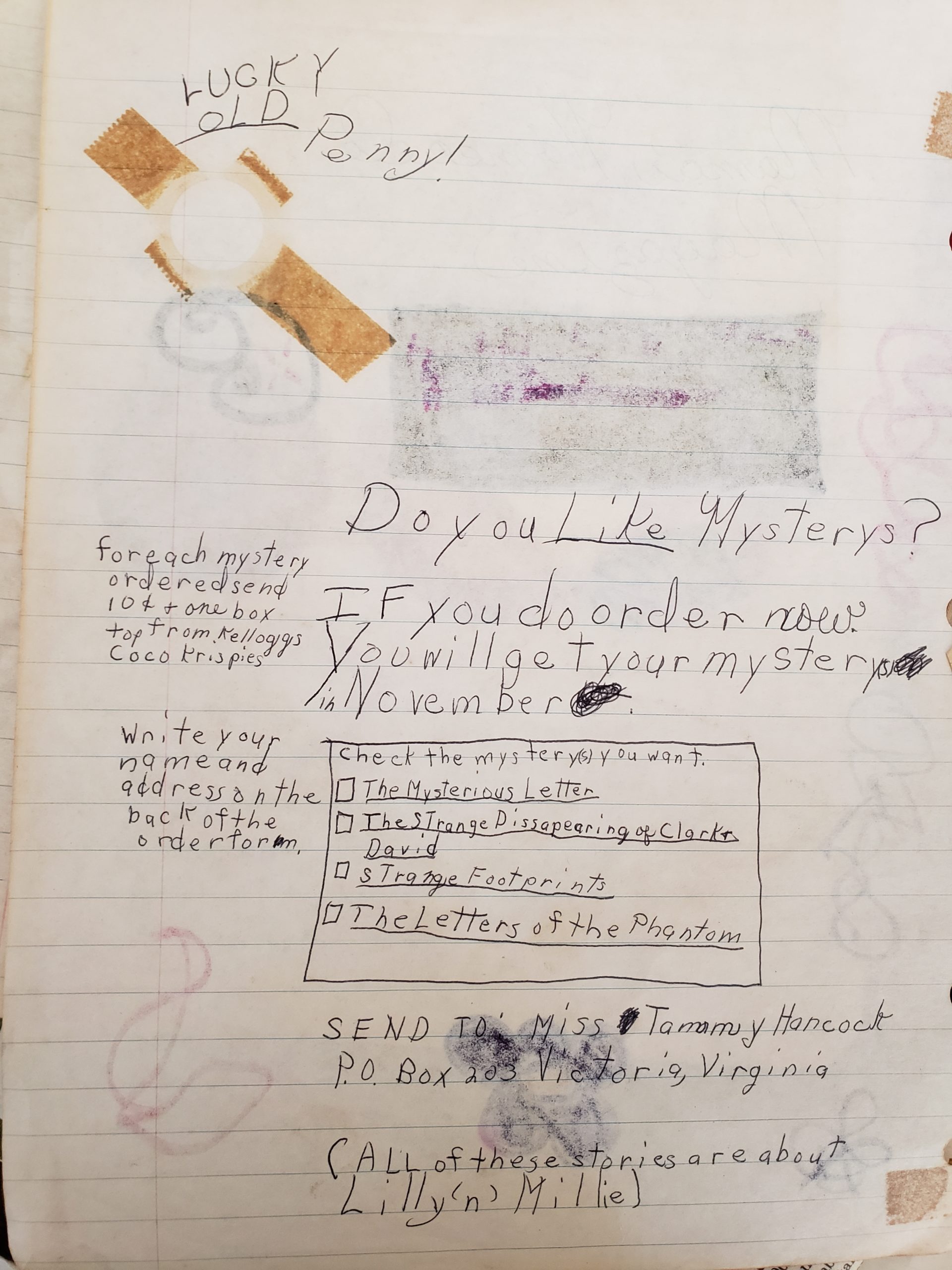You can listen to this episode How to Write a Bible Study with Mindy Kiker on Christian Publishing Show.

Perhaps you’ve considered writing Bible studies for your local church, or maybe you’re interested in writing Bible studies for publication. How do you write Bible studies that people want to read?
We have a special guest with us today who is going to share her experience in writing Bible studies.
She is co-founder of Flourish Gathering and Flourish Writers. She writes and publishes Bible studies and devotionals and teaches workshops, online conferences, and training courses.
Mindy Kiker, welcome to the Christian Publishing Show!
Links:
https://www.flourishwriters.com/
https://flourishgathering.com/
Sponsor: The Christian Writers Market Guide
The Christian Writers Market Guide 2021 is the most comprehensive and highly recommended resource on the market for finding an agent, an editor, a publisher, a publicist, a writing coach, or a place to sell whatever you are writing. Wherever you are on the writing spectrum–from beginner to seasoned professional–the Guide will help you find what you are looking for. Over 1,000 curated listings, including more than 200 book publishers, 150 periodical publishers, 40 agents, 200 freelance editors and designers, podcasts, and much more. Includes a denominational index.








